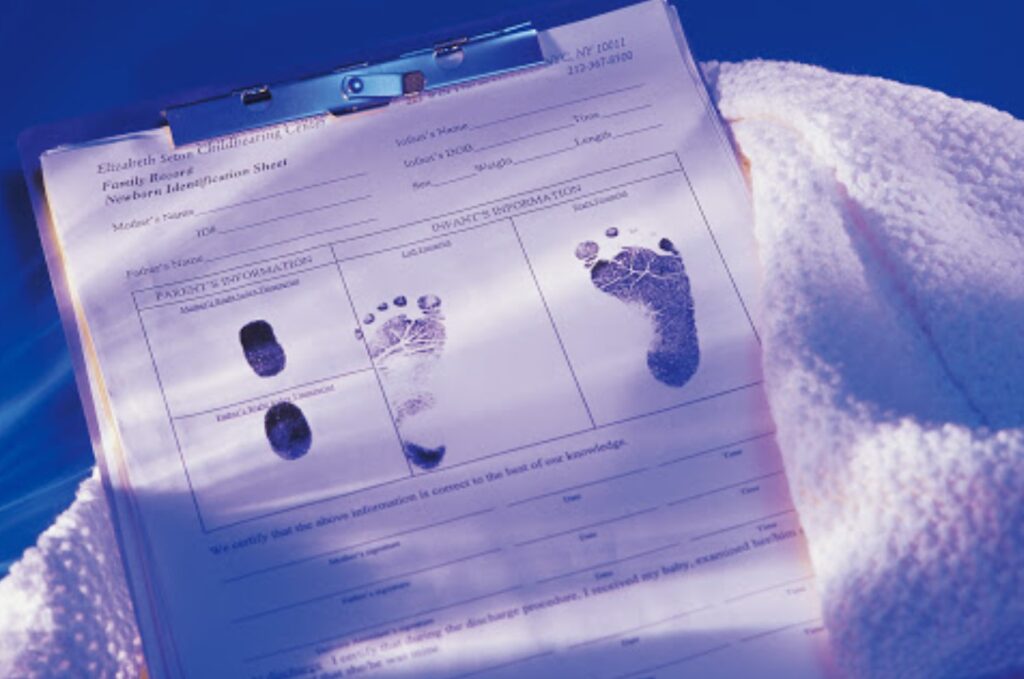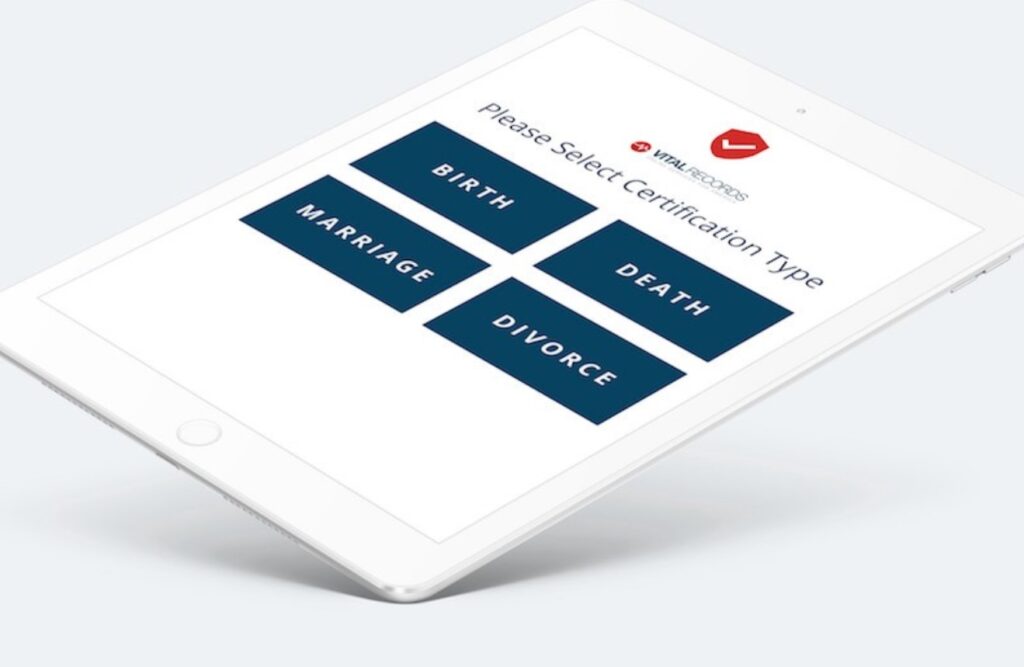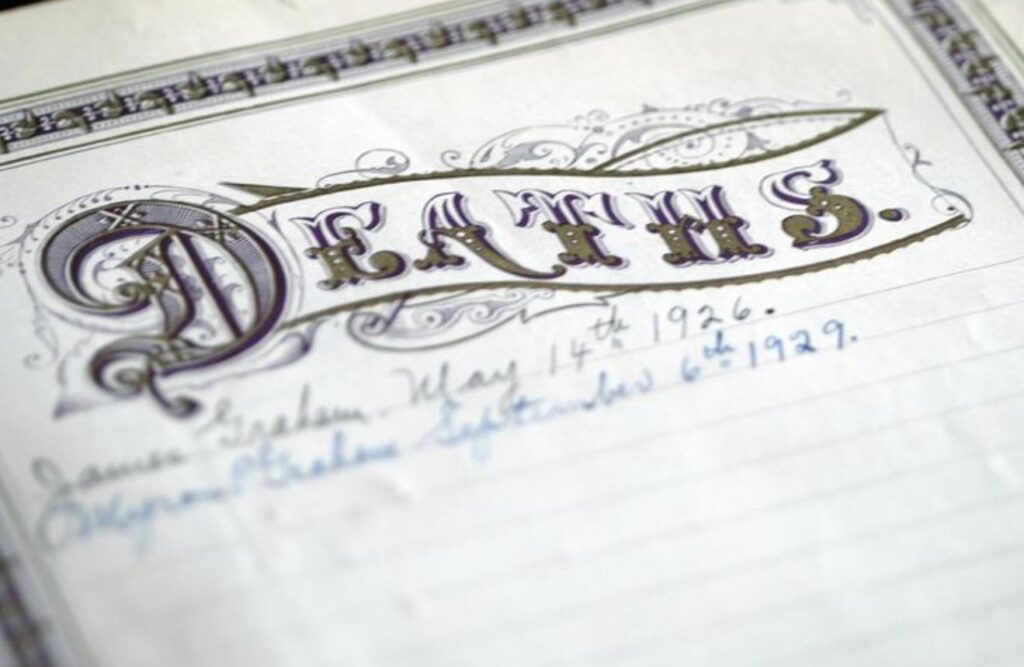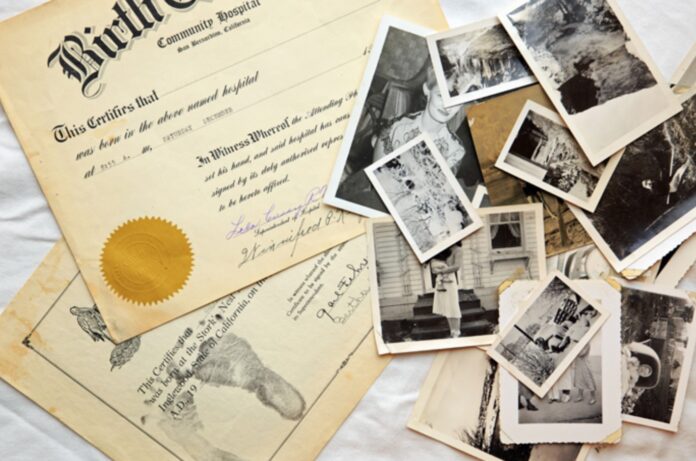There are a few reasons why someone might want to find out more about stats related to deceased people. Death records always reveal the departed’s period and place of death. They will sometimes list their day and place of birth too. They may provide the names of all relatives to extend a generation and the county or state where they were born.
CheckPeople and other people finders will reveal facts surrounding the departure of an old friend or relative. Also, many people are interested in finding more about their roots and who were their ancestors. On the other hand, the ability to search death records will provide you with a chance to find out more about your potential relatives.

Getting Started
If the person died before 1900, there’s no point in looking. Most states started collecting these data at the start of the 20th century. The countries on the east side of the United States that were the first to create this union where leaders in making these statistics and using them for various statistics and obligations.
In some countries, there are limitations related to permissions for who can see death records. Laws vary by state. One state may restrict admission to relatives only, while another one could have deaths available to any interested parties over a period of a few years. Moreover, with the introduction of digital technology and modern systems, countries with developed databases related to death record can provide their citizens to easily check these stats at any moment.

Where to Look
You could check images and indexes over online platforms or use Wikipedia as one of the best sources for all kinds of data and statistics. You can also look in centers where officials are saving these files, or get a death certificate from the state agency for a fee. Every country has a huge database of death records. However, there is a big difference between countries and for how long they are saving these stats. Chances to find more about your relatives and family are much bigger if you live in a country that is saving these records for a long time. The United States is one of the first countries that implemented this system.

Vital Records
Usually, vital registers refer to decease and birth certificates, willpowers, divorce certificates, and marriage licenses and certificates. Local authorities create these records. Events in the District of Columbia, the military, or overseas are possible exceptions because these are not seen as federal records. The National Center for Health Statistics of the CDC provides data related to information about how to obtain death, divorce, marriage, and birth records from territorial and state agencies.
One of the main reasons why these stats are so important is related to the right of inheritance. There might be a case where you can be a close relative that you never met and only successor to his property. Furthermore, the only way to prove and become able to get that inheritance is to get a copy of a death record that will show the relation between you and your relative.

Resources Related to Census Records
If you don’t know which authority to look for these documents, data collected in Census Records might be helpful. For example, you could contact the local jurisdiction for an ancestor’s death record if you found their approximate year and state of birth in the census because some census years had mortality schedules. If your ancestor died in a year leading up to the census, their death might have been reported.
Deaths Abroad
Earlier, we mentioned there might not be a record of someone’s death if it occurred abroad. If an ancestor who was a US citizen died in a war abroad, the US military might have a record of their death in a casualty list. Information is available about members of the Army and Army Air Force who died in WWII. Marine Corps, Navy, and Coast Guard Personnel death records are available from archives.gov. There are also Korean War and Vietnam War casualty lists.

Benefits of This System
Besides the ability to find out more about potential relations with other people and get become a likely successor to someone’s property, these stats are also important for the overall statistics and creating researches about the percentage of deaths per year, and are there any causes for a drastic increase in deaths. The social politics of each country is using these stats for researches related to their population.
The main advantage of online platforms is that you can save a lot of time that you could lose on visiting public institutions and searching through a lot of documents until you find what you need. The software is an excellent solution because it has filters that you can use for faster research by implementing factors like your surname, dates of birth, dates of death, and other factors.
On the other hand, countries also have benefited from the required death certificate. For example, you can end various obligations of the deceased person by proving its death. In most cases, those obligations are related to depths, loans, penalties, and more. There are cases where the closest family will have to deal with those loans to inherit the property. Furthermore, officials can prevent scams related to unreported death certificates. That way, countries can stop people from continually taking the monthly pension by avoiding to report the death. However, these cases are very rare, especially in developed countries with advanced systems of saving these records.

Other Sources
The website American Fact Finder of the U.S. Census Bureau makes it easier to find census data. It includes housing and population facts, thematic and reference maps, and community profiles.
The site of the American Battle Monuments Commission, which is arranged by memorial and cemetery, shows missing in action and burials for almost 180,000 WWII victims.
Death record information is also available by state. For example, death and birth certificates for Arizona residents are publicly available in the Arizona Birth & Death Certificate archive.
The US Searchable Death Indexes list databases for researchers like genealogists.
The website Find a Grave helps people look for cemeteries, burial records, monuments, memorials, and graves of ancestors. By clicking on links, you get access to the graves of tens of thousands of famous people across the globe.
Finally, the Marriage Registers of Freedman list records about families of slaves, including the marriage records available for slaves freed with the abolition. This database gives access to a wealth of data on African-American family history, including death records.
Last Words
It is very important to start implementing modern technology in various aspects of data saving systems because it will make procedures to become much more convenient. Before the internet era, you will need much more time to deal with this documentation. On the other hand, modern online platforms allow us to find these records from various sources in only a few minutes.









